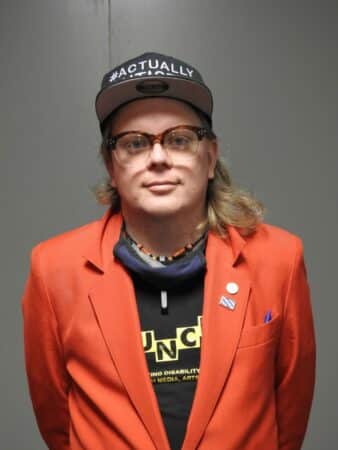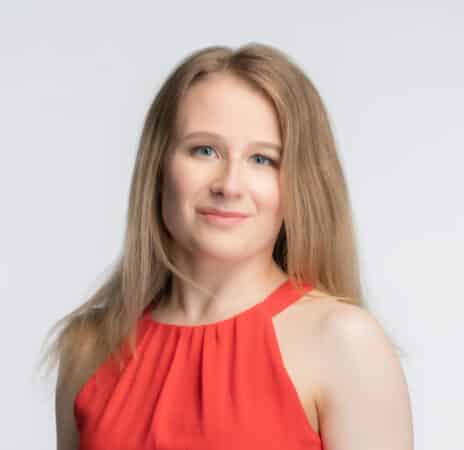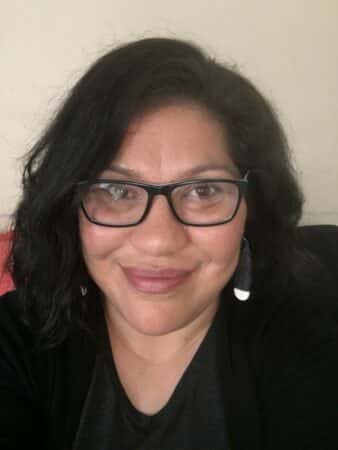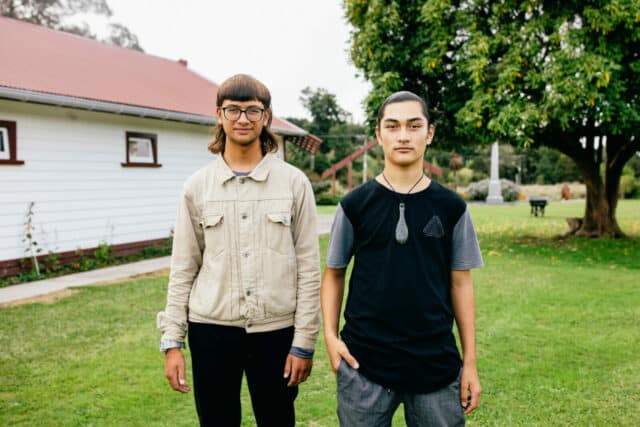Supporting Autistic Tertiary Learners: Top Tips
We have identified ten top tips to help tertiary educators and staff better support Autistic learners. These tips cut across the themes: for example, access to lecture recordings helps learners who cannot attend class on campus due to anxiety or sensory difficulties, and also makes the material more accessible for learners who struggle with note taking due to executive function difficulties.
Remember that these tips help all learners, not just Autistic learners. All learners benefit from access to lecture recordings, for example. There are also many self-identified or undiagnosed Autistic learners who would benefit from support but may be unable to access this without an official diagnosis. By building as many supports as possible into the way the course is taught and assessed, you give all learners the best chance of success in tertiary education.
- Listen to what each individual learner needs. Not everyone has a diagnosis. Diagnoses are difficult to access as an adult and learners who did not get a diagnosis in childhood still need support. Rather than making exceptions/accommodations only when required to do so because a learner has a diagnosis, recognise the individual need of diverse learners.
- Be openly accepting of difference and recognise that every Autistic person is different and may have different needs. Encourage awareness and acceptance of neurodiversity.
- Offer different options and accommodations around tutorials, assessments, and exams. Think about group work – is it essential? Can you offer different options? If group work is a non-negotiable part of your course, think about ways you can make it less stressful and more reflective of the real world. What exam accommodations does the individual need, and can these be implemented, even if they are not standard accommodations offered by student support? Can tutorials be offered in different formats (e.g., on campus, on Zoom, via discussion board)?
- Always make lecture recordings available online. Access to lecture recordings helps with so many of the challenges Autistic learners face. They allow learners to catch up if anxiety or burnout prevents them from attending class in person. That means learners can watch lectures from an environment that meets their sensory needs. They help students who have difficulties with executive function- being able to pause and rewind the lecture makes taking notes easier.
- Ensure all communication is clear. Present written and verbal communication in a manner that works for the Autistic learner (this might be different for different learners) and is understood by the learner. Understand that your message may not have been communicated clearly even if the person seems to understand, and confirm their understanding by asking follow-up questions.
- Validate the need for flexibility around supports and needs. Work with the learner to identify what works best for them, and work with them to help them meet the requirements of the course in a way that works for them.
- Encourage and normalise the use of sensory aides in all places, including exams.
- Encourage disclosure. Autistic people may be uncomfortable with sharing their diagnosis/es, so utmost care and privacy is important to ensure the best outcomes. Being openly accepting to difference can encourage sharing. Support learners to access accommodations regardless of diagnosis. Listen to what learners say would help them. Encourage your organisation to support learners whether they have a diagnosis or not.
- Recognise sensory needs. The tertiary learning environment may be difficult for some learners. They may find lecture theatres overwhelming or spaces noisy. They may only be able to cope with being there for a short time or may not be able to learn in that space. Recognise and make allowances for this, for example by allowing the person to leave if they need to, providing information in other ways, and making use of sensory profiles.
- Recognise executive functioning difficulties and offer supports around these.
Ngā Tino Whakamōhio
Kua tautohu mātou i ētahi tino whakamōhio tekau hei āwhina i ngā kaikauhau me ngā kaiwhakaako ki te tautoko i ā rātou ākonga whaitakiwātanga. Ka whiti ēnei whakamōhio i te whānuitanga o ngā kaupapa: hei tauira, te āheinga o ngā hopunga kauhau ki te āwhina i ngā ākonga kāore e taea te tae ā-tinana ki te akomanga nā te manawapā, ngā taumahatanga tairongo rānei, kia māmā ake ai hoki ngā kauhau mō ngā ākonga he uaua ki a rātou te tuhi kupu tīpoka nā te taumaha o te whakahaere whaiaro.
Kia maumahara tātou, ka āwhina ēnei whakamōhio i ngā ākonga katoa, ehara ko ngā ākonga whaitakiwātanga anake. Hei tauira, he āwhina nui ki ngā ākonga katoa te āhei ki te toro atu ki ngā hopunga kauhau. Arā atu anō te tokomaha tāngata kāore anō kia whakatauria he whaitakiwātanga rātou, nā rātou anō i whakatau rānei, ka whai painga i te tautoko, engari kāore pea e taea te toro atu nā te kore whakataunga haumanu ōkawa. Mā te hanga o te maha o ngā tautāwhi e taea ana, i ngā whakahaere o te akomanga me ngā aromatawai, ka piki te angitu o ngā ākonga katoa e whai ana i te mātauranga matua.
Read the Top Tips | Ngā Tino Whakamōhio in Te Reo Māori
Thank you to our contributors.

Timothy Folkema
Timothy Folkema is an Autistic person and a member of the Altogether Autism Consumer Advisory Group. He continually works to share the voice of Autistic people and make positive ground-breaking changes for the Autistic communities of Aotearoa New Zealand, working with many organisations to achieve this.

Dancer Rachael Wiltshire. Photo credit: Stephen A’Court. COPYRIGHT ©Stephen A’Court
Rachael Wiltshire is an Autistic person and a member of the Altogether Autism Consumer Advisory Group. She is passionate about increasing societal awareness of neurodiversity and designing systems that are flexible enough to meet everyone’s individual needs. She is particularly interested in education and enjoys working with other neurodivergent students in a peer support and tutoring capacity.

Rebekah Corlett
Rebekah Corlett, MNZM is a member of the Altogether Autism Consumer Advisory Group. She has an Autistic daughter, Sophia, 13, who has limited verbal communication and uses an Alternative Augmentative Communication (AAC) device to communicate.



